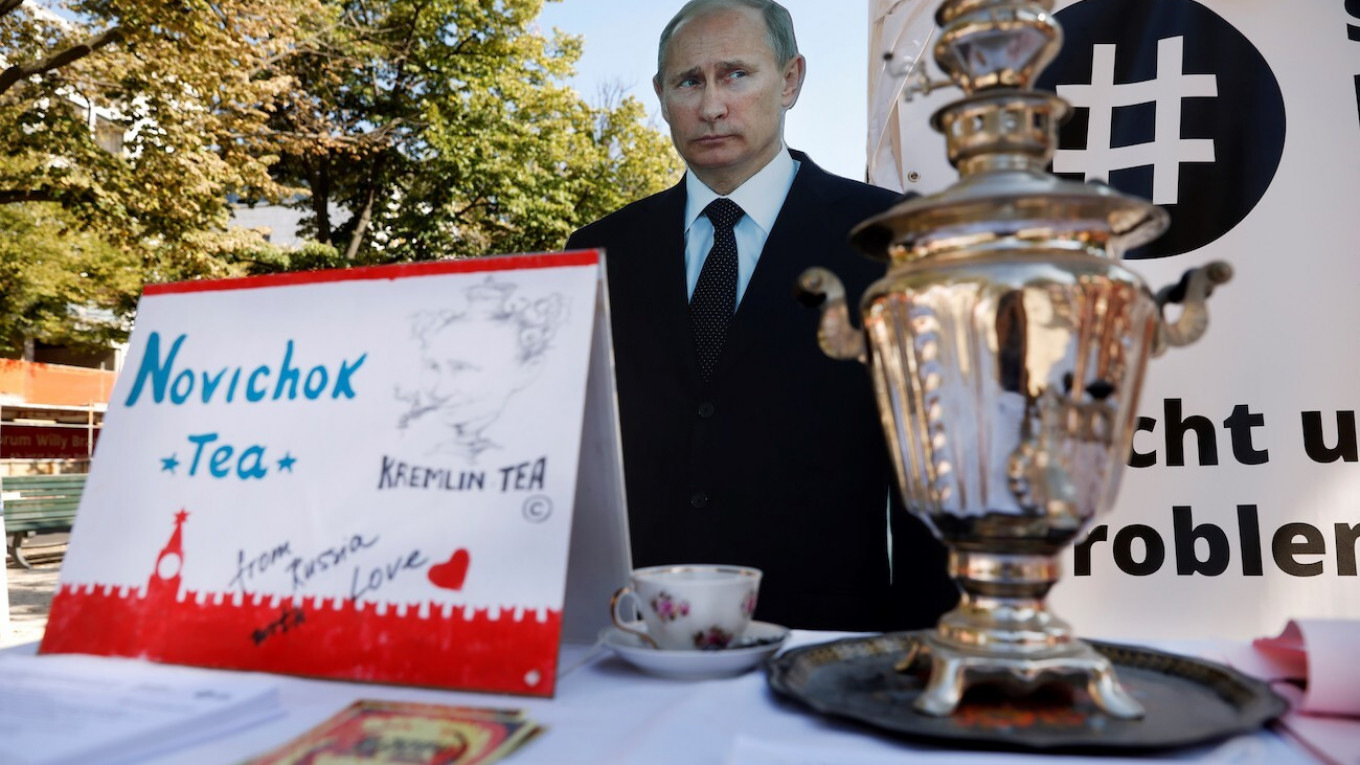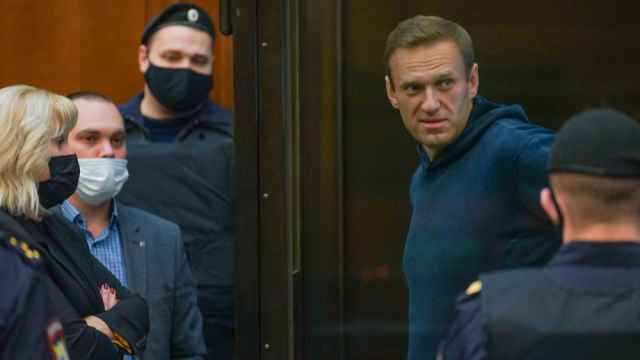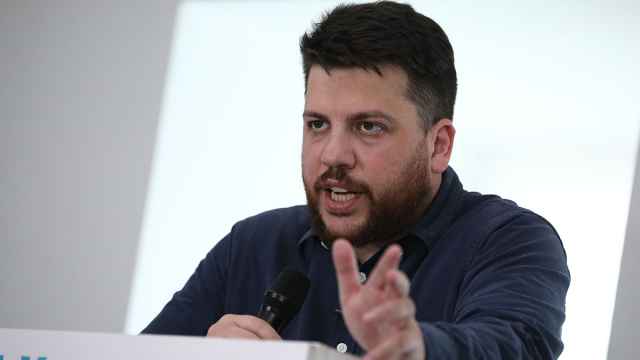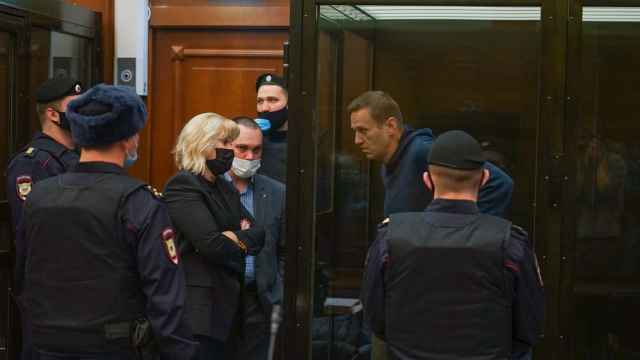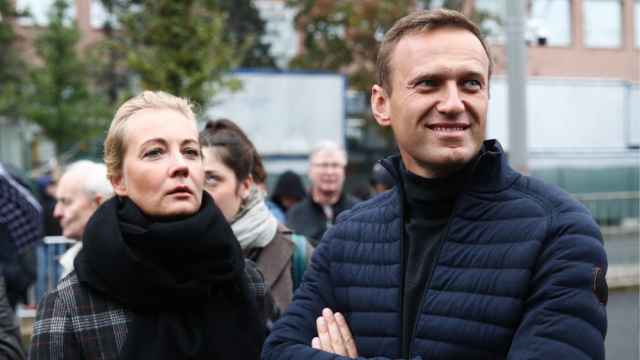Russian opposition leader Alexei Navalny on Wednesday urged the European Union to impose tough targeted sanctions including entry bans against key figures in or backing Vladimir Putin's government over his poisoning.
In an interview with Bild daily, the Kremlin critic took aim directly at Valery Gergiev, chief conductor at the Munich Philharmonic, citing the musician as someone who should be held to account for his unapologetic backing for Putin.
"He is the perfect example. Such people must be put under pressure," said Navalny, who is recovering in Berlin from the poisoning.
"People like him must be slapped with entry bans and you know what? 99% of Russians would welcome that."
Navalny stressed that any embargo should not hurt the general Russian population.
Rather, "the most important is to impose entry bans against those profiting from the regime and to freeze their assets," said Navalny.
"Oligarchs and high ranking officials, Putin's closest circles," he said.
'Errand boy'
Germany has said lab tests have provided "unequivocal" proof that Navalny was poisoned with the Soviet-era nerve agent Novichok. France, Sweden and the Organization for the Prohibition of Chemical Weapons (OPCW) have confirmed results.
Chancellor Angela Merkel's government, which holds the rotating presidency of the EU, has repeatedly said it would consult with European partners on what action to take.
But it has also stressed that "any deployment of a chemical weapon is a serious matter and cannot remain without consequences."
Navalny said that people like Gergiev, who are allowed to enjoy the best of both worlds in both Russia and the EU, should be made to choose.
"If he loves the regime so much and wants Russia to not take the European path, then one must say to him: you're a very talented musician, but we're not allowing you to stay on in the EU. You can enjoy Putin's regime in Russia."
He also had harsh words for German ex-chancellor Gerhard Schroeder, who chairs the board of Russia's state-controlled oil major Rosneft and heads the shareholders' committee for the Nord Stream pipeline company.
"He is after all the former chancellor of Europe's most powerful country," Navalny said. "Now Schroeder is Putin's errand boy who is protecting murderers."
Schroeder last week dismissed claims of a Kremlin link to the Navalny case as "speculation."
Navalny was medically evacuated to Germany in late August after falling ill on a plane and spending several days in a Siberian hospital.
He was discharged after just over a month in Berlin's Charité hospital and has vowed to return to Russia to resume his opposition campaign when he is fully recovered.
Russia has rejected all allegations that it was behind Navalny's poisoning, lashing out on Tuesday at a "conspiratorial scenario" planned in advance.
Navalny's poisoning has heightened tensions between Russia and the West, in particular aggravating the relationship with Germany.
Merkel had always insisted on keeping channels of dialogue open with Moscow but she has sharpened her tone lately, with Navalny's case coming a year after a murder in a central Berlin park that German prosecutors say was ordered by Russia.
A Russian suspect is standing trial over the murder, with the court hearing opening Wednesday.
A Message from The Moscow Times:
Dear readers,
We are facing unprecedented challenges. Russia's Prosecutor General's Office has designated The Moscow Times as an "undesirable" organization, criminalizing our work and putting our staff at risk of prosecution. This follows our earlier unjust labeling as a "foreign agent."
These actions are direct attempts to silence independent journalism in Russia. The authorities claim our work "discredits the decisions of the Russian leadership." We see things differently: we strive to provide accurate, unbiased reporting on Russia.
We, the journalists of The Moscow Times, refuse to be silenced. But to continue our work, we need your help.
Your support, no matter how small, makes a world of difference. If you can, please support us monthly starting from just $2. It's quick to set up, and every contribution makes a significant impact.
By supporting The Moscow Times, you're defending open, independent journalism in the face of repression. Thank you for standing with us.
Remind me later.


